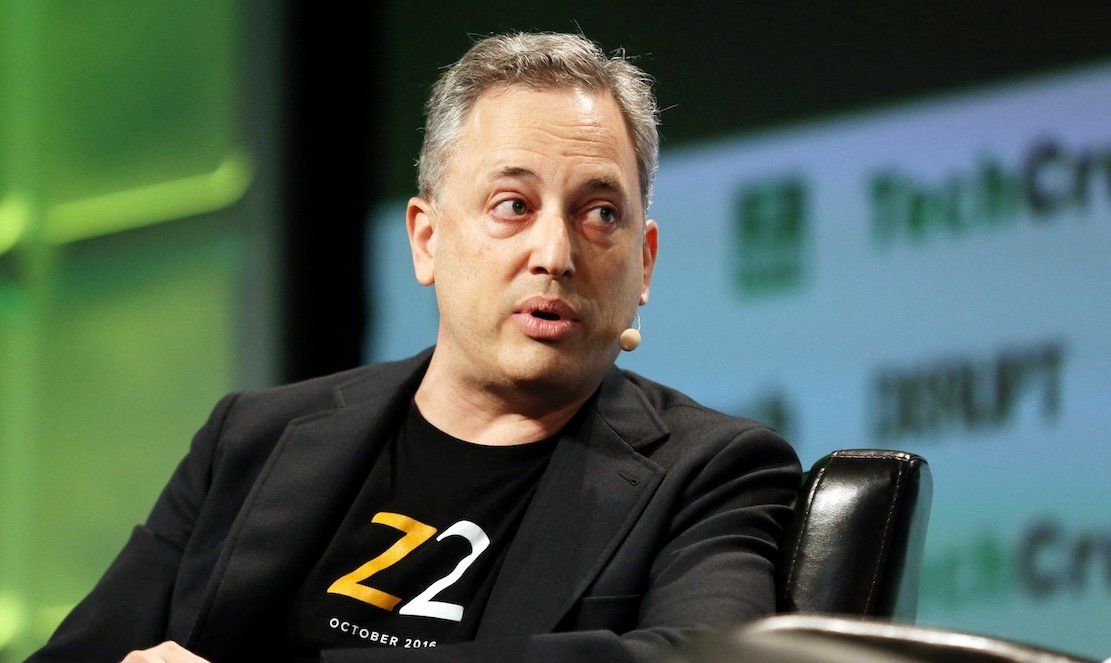Sacks will not be full-time in the role and will stay at his fund, Craft Ventures, but he will assume a lofty portfolio that covers two of the hottest topics in tech policy: artificial intelligence and crypto. President Joe Biden spent the second half of his term getting his departments and agencies to develop rulemaking on AI — and figuring out how to adopt the technology for their own purposes.
Meanwhile, Gary Gensler, Biden’s Securities and Exchange Commission chair, has ramped up enforcement of fraud in the crypto industry — though he’s stopped short of any sweeping shutdown of the coins. Trump’s election, promises of deregulation, and his personal interest in crypto have led to the skyrocketing price of many cryptocurrencies, including bitcoin.
Trump will take a deregulatory approach to both artificial intelligence and crypto, but it’s up to Sacks to coordinate across a sprawling bureaucracy and determine how to execute that goal. As a Silicon Valley stalwart, and one who has not severed business ties to join the government, Sacks will soon be the face of Trump’s tech policy, likely a heavy hand rolling back rules and regulations started under Biden.
